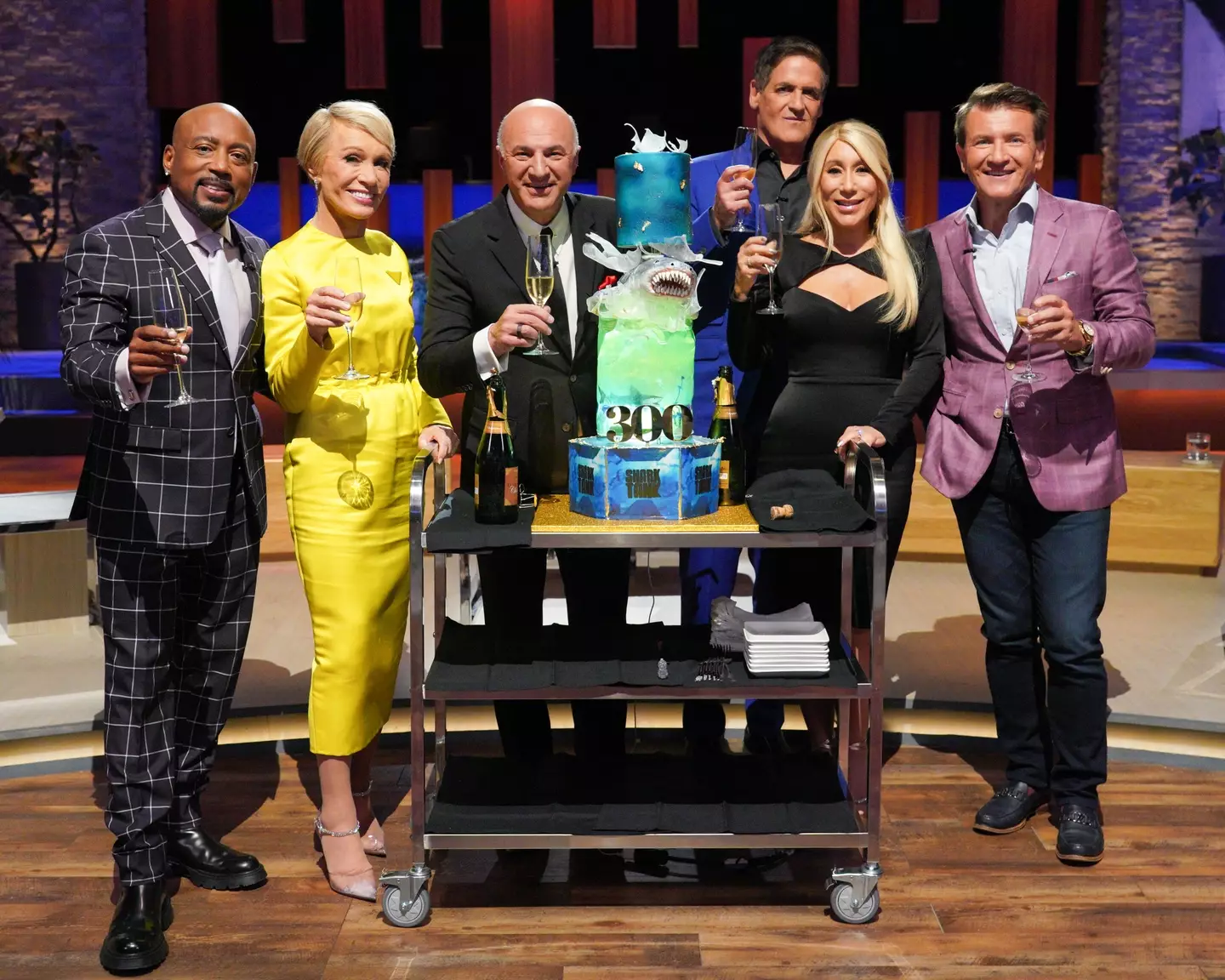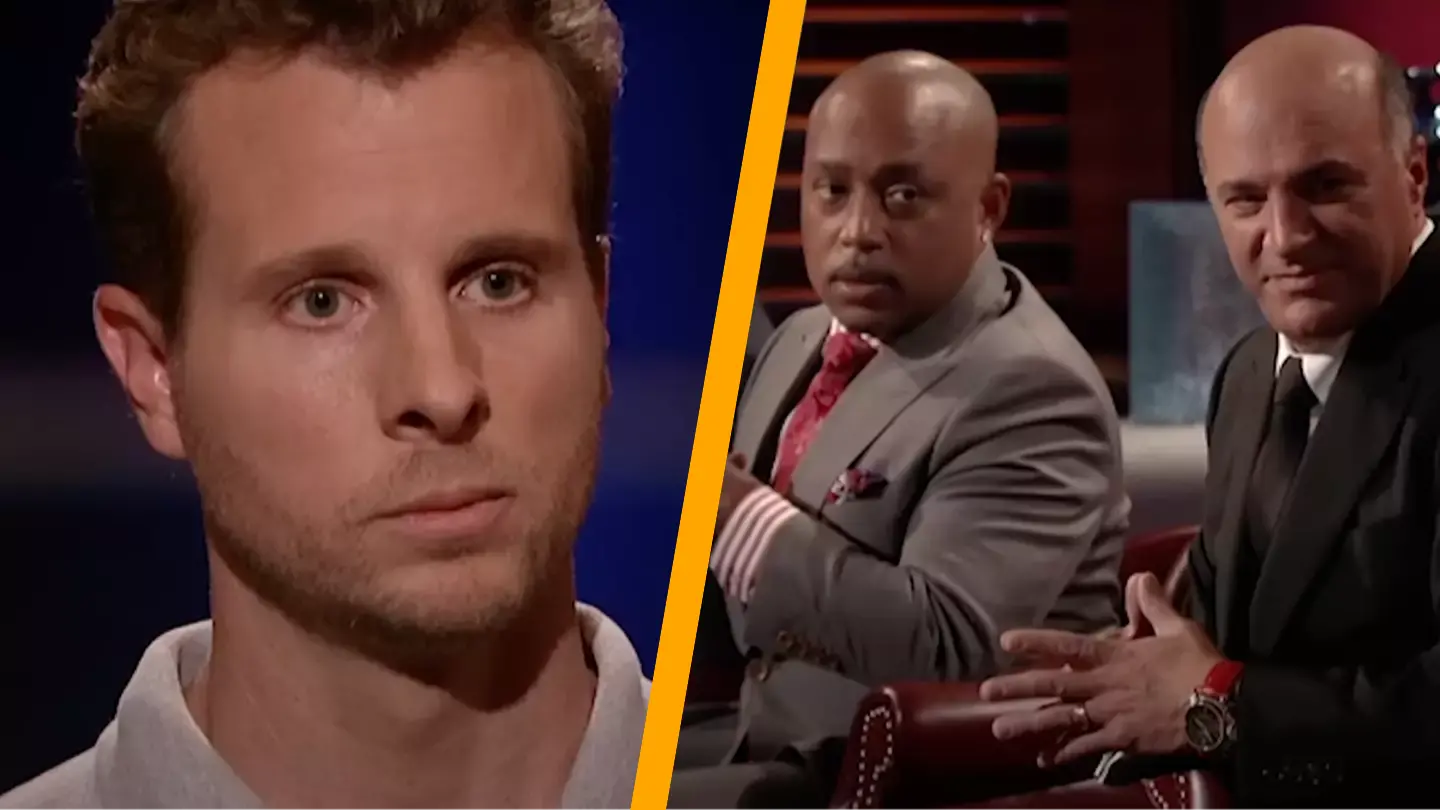Participating in a show like Shark Tank is undoubtedly nerve-wracking for everyone involved.
If you’re the entrepreneur pitching your business, you are well aware that the upcoming meeting could significantly influence the success of your venture, and millions of viewers will witness your performance, whether it’s a triumph or a failure.

On the other hand, if you’re one of the sharks, you may have the comfort of your substantial wealth, but missing out on a game-changing idea could be highly visible to everyone.
That’s exactly what happened in 2013 when the Sharks not only overlooked a major idea but also missed out on the early stages of a company that would later turn into a billion-dollar enterprise.
Surprisingly, before rebranding, the company behind the Ring doorbell made an appearance on Shark Tank.
At that time, the company was known as ‘DoorBot’ but had essentially the same concept.
Jamie Siminoff, the company’s founder, went on the show seeking $700,000 for a 10% stake, which valued ‘DoorBot’ at $7 million.
Ring eventually sold to Amazon in a $1 billion deal, aided by Shaquille O’Neal, who acquired an equity stake in 2016 and became a spokesperson for the company.
Out of all the sharks, only one made an offer.
Mark Cuban, the former owner of the Dallas Mavericks and an entertainment mogul, commented: “I like it, I think you’re going to do great. But I’ve got to be able to say that when I jump in, I’m going to be able to add enough value that this company that’s worth $7 million could be worth $80 million, $90 million.
“I just don’t see that progression and for that reason I’m out.”
In Mark’s defence, the company didn’t stop at being worth $80 million.
It skyrocketed to a billion dollars, which is neither here nor there.
Kevin O’Leary, also known as ‘Mr Wonderful’, did extend an offer of $700,000, but with significant strings attached.
The money would not be an equity investment but a loan, with O’Leary receiving 10% of sales until the loan was repaid.
Additionally, he would collect a 7% royalty on all future sales and obtain a 5% equity stake in the company.
Fortunately for Siminoff, he declined this offer.
That 5% equity would have eventually been worth $50 million for O’Leary, and had he taken the straightforward offer, he would’ve gained $100 million in equity for just $700,000.

